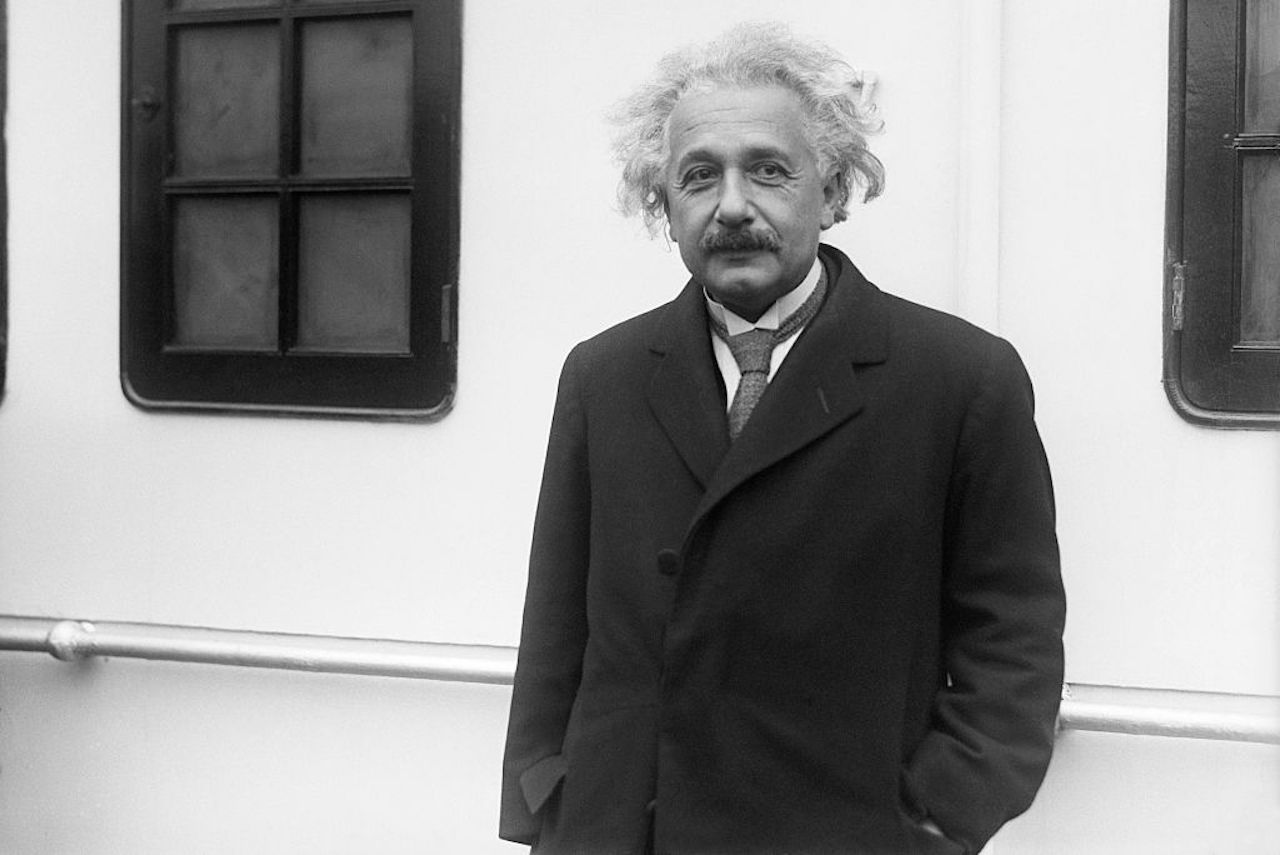WHAT IS PHYSICAL SCIENCE
We, humans, are
always curious about the nature around us. We are fascinated by the bright
celestial object of the night sky, we wondered why days and night regularly repeat,
why the rainbow has seven colors, why eclipses happen?
Then we responded to these wonders by observing them carefully and looking for a meaningful pattern and finding a relation to these natural phenomena. Through this human endeavor, we start gaining knowledge about Nature and we call it Natural Science. Physical Science is that part of Natural Science where we study only the non-living systems of Nature.
WHAT IS PHYSICS
Physics came
from the Greek word “physke” which means “knowledge”
Physics is
the Knowledge about matter and Energy and their Behavior.
Before
physics we have math, we use math to understand our natural phenomena and find
laws that govern the universe. By using math, we found out how matter-energy
interacts with each other. What role does ‘time’ play in our natural phenomena? So, on
the foundation of math, we developed Physics.
Physics gives
the foundation of other sciences such as Chemistry, Biology, etc.
Chemistry is basically the science of the interaction of atoms and molecules. Those interactions are basically physics-based interactions. So, Physics gave foundation to Chemistry. Biology is also built on the foundation of Chemistry and Physics. So, physicists are the first ones who started to understand how Nature works. In simple words, Physics is an attempt to explain the complexity of the universe and predict what going to happen.
Is
Physics a Static and Old Subject?
It is true
that Physics start much earlier than other subject but it is not the same as it was
there at its early age.
Physicists try to answer the question that developed in their minds and prove their answers by using the scientific method. But when they answer the question with some rules and laws, there appear some other questions that need to be answered. So, one solution may create several other problems. That’s why Physics continues to develop and never reaches its saturation point.
What are the Branches of Physics?
Physics is a fundamental
subject that concerns the Natural Phenomena that occur in our universe.
It has many
branches such as
·
Mechanics
·
Dynamics
·
Thermodynamics
·
Electromagnetism
·
Modern Physics
Between
1600 ad to 1900 ad three broad areas were developed, collectively known as Classical
Physics.
In
classical Physics, everything is deterministic, which means you can predict the position and speed mass of any moving particle with 100% accuracy.
The
three areas are:
·
Mechanics
·
Thermodynamics
·
Electromagnetism
By
1905 it become obvious that Classical Physics fail to explain several Phenomena
especially those related to microscopic objects.
So,
some new theories were developed in what is called Modern Physics.
In
modern physics, we study
·
Quantum Physics
·
Relativity
Quantum Physics is the Physics of a small object with large velocity. In Quantum Physics it is impossible to tell the exact results rather we can predict the most possible result.
When your speed is comparable to the speed of light then we need Relativity to define you
Scope and Excitement in Physics
The scope for physics is broad and covers a wide range of magnitudes of physical quantities such as length, mass, energy, time, etc.
It deals with macroscopic galaxies, stars, etc. as well as the microscopic electron, proton, etc.
Huge excitement is involved in studying physics as it explains every naturally occurring phenomenon. The challenge to unlock natural secrets through an imaginative new experiment, to verify or refute theories is really very exciting.
Quote of some famous Physicist about Physics
"Learn from yesterday, live for today, and hope for tomorrow. The important thing is not to stop questioning.” _Albert Einstein
I discuss this topic in Bangla in the following video





good post
ReplyDelete